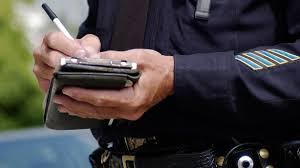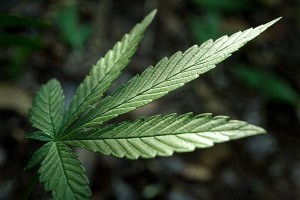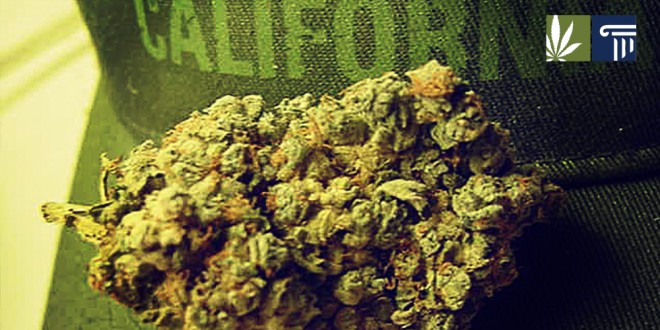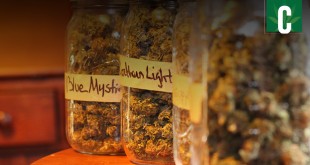Marijuana is on its way to legal in California, and most people know it. Public support for legalization is strong, there is at least one serious contender to put the issue on the ballot in November, and big-money donors are lining up behind it.
 What many people – especially young people – may not know is that weed is already semi-legal in the state. And not just as medicine. California was one of the first states to “decriminalize” the drug for recreational use. But what exactly does that mean?
What many people – especially young people – may not know is that weed is already semi-legal in the state. And not just as medicine. California was one of the first states to “decriminalize” the drug for recreational use. But what exactly does that mean?
MMJ since Compassionate Use Act of 1996
Medical cannabis has been legal in California since 1996, when voters passed the Compassionate Use Act. But otherwise it is illegal. That’s where decriminalization comes in, removing criminal penalties for simple possession and replacing them with a small (or relatively small) fine.
California first decriminalized marijuana in 1975, when the legislature passed a law imposing a maximum fine of $100 for possession (more than $400 when court costs were factored in). Three years earlier, voters had rejected a proposal to decriminalize by way of referendum. In the meantime, neighboring Oregon became the first state in the country to decriminalize.
Many states and cities have since followed this strategy for cannabis reform. The idea is that instead of serving time in jail, on parole, or on probation, a person caught with small amounts of weed would be issued a small ticket that can be paid without going to court or hiring a lawyer.
Possession continued to be treated as misdemeanor
California’s law never went quite that far, because it continued to treat violations as misdemeanors, with necessary court appearances. The penalties were similar to those incurred by a minor traffic ticket, but a criminal record was still possible.
 That changed in 2010, when Gov. Arnold Schwarzenegger signed a law reclassifying simple possession as a civil violation rather than a misdemeanor criminal offense. That means people caught with small amounts of marijuana avoid not only arrest and jail but also a permanent criminal record.
That changed in 2010, when Gov. Arnold Schwarzenegger signed a law reclassifying simple possession as a civil violation rather than a misdemeanor criminal offense. That means people caught with small amounts of marijuana avoid not only arrest and jail but also a permanent criminal record.
Still, decriminalization doesn’t go all the way, even in famously “lawless” California. Thanks to a medical marijuana system that was subject to little regulation over the years, cannabis is easy to get, but people caught with it are still subject to penalties. And police typically destroy any illegal pot they find.
Full legalization likely in 2016
California is rapidly headed toward full legalization, though. Tech billionaire Sean Parker is pushing a well-funded campaign to put the issue on the ballot this year. He has backing from several national lobbying groups and appears likely to draw the massive fundraising needed to put initiatives on the ballot in California.
Support for the idea is strong in most opinion polls. California voters rejected legalization at the ballot in 2010, and several efforts failed to gain any traction in 2014, but most observers give good odds for reform in 2016.
In the meantime, Californians busted with less than an ounce of weed will be subject to the same $100 fine. It’s not as good as legalization, but it’s definitely better than nothing.
 California Marijuana Market Breaking "Marijuana News" from CA
California Marijuana Market Breaking "Marijuana News" from CA





